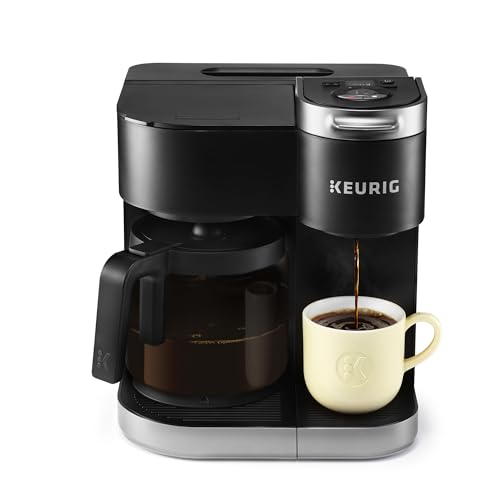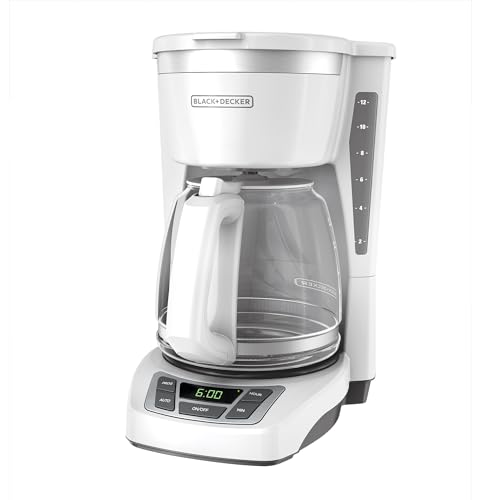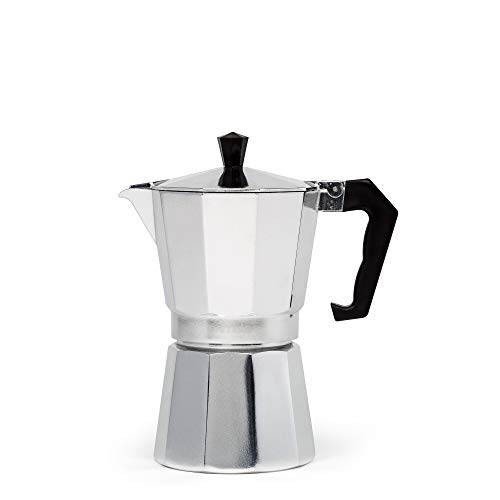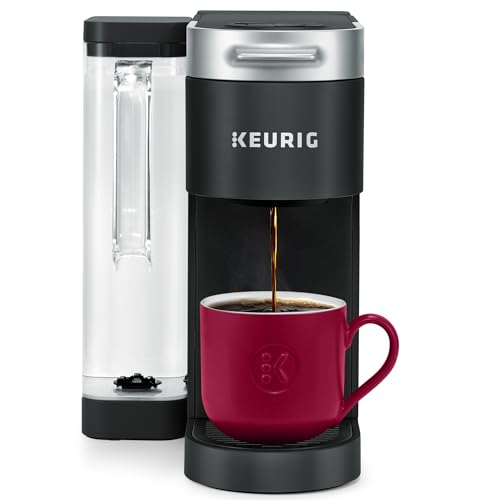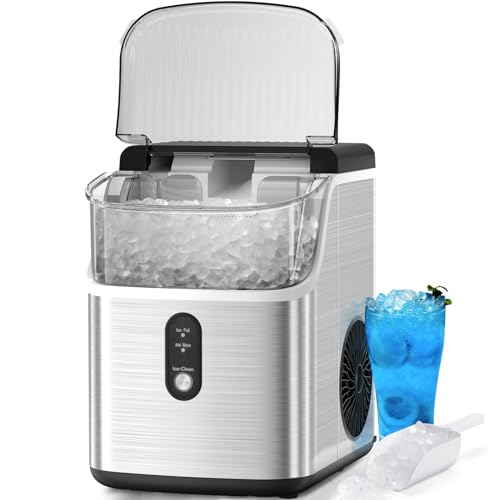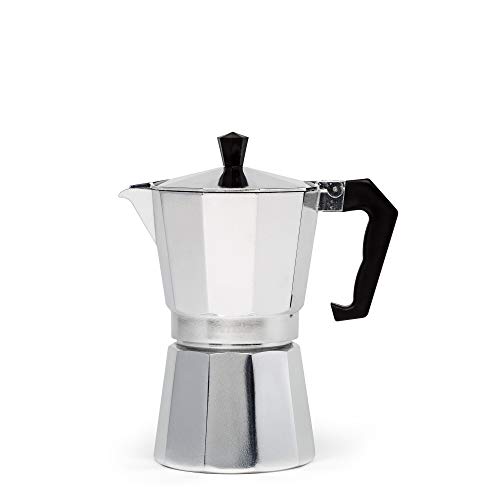“Can a Generator Damage a Refrigerator?” is a common question among individuals living in areas prone to power outages, or those who often use a generator as an alternative power source. This concern arises from the necessity to maintain the operability of their refrigerators, which are critical for food safety and preservation.
Understanding the relationship between generators and refrigerators is crucial in maintaining the longevity of your appliances. In this article, we aim to explore this topic, providing you with factual insights and practical guidance.
Our focus is to provide clarity on this issue and help you make informed decisions about using generators for your refrigerators. Stay tuned as we delve into the intricacies of generators, refrigerators, and how they interact.
Can a Generator Damage a Refrigerator?
In most cases, a properly sized and well-maintained generator should not damage a refrigerator. Generators are designed to provide electricity and should safely power your refrigerator in the event of a power outage. However, certain factors can lead to damage.
One factor that could potentially damage a refrigerator when using a generator is the generator’s power output. If the generator’s output doesn’t match the refrigerators’ power requirements, it can lead to problems.
Using a generator that’s too weak can cause under-voltage, which can harm the refrigerator’s motor. Over-voltage, on the other hand, can lead to a burnt-out compressor, which is one of the most critical and expensive parts of a refrigerator.
The quality of the electricity that a generator produces can also affect your refrigerator. Power surges, for instance, can lead to electrical damage. This is particularly true with cheaper or older generators that may not have good power regulation.
In conclusion, while a generator can indeed damage a refrigerator, this is not a given. The key is to use a well-maintained generator that is suitable for your refrigerator’s power requirements and to invest in a generator with good power regulation.
Having the right generator and using it correctly can prevent damage to your refrigerator and ensure its longevity.
Key Safety Tips to Consider When Using a Generator with a Refrigerator
To minimize the risk of damaging your refrigerator when using a generator, consider the following tips:
Choose a generator that matches your refrigerator’s power requirements. Make sure the generator’s output is sufficient to power your refrigerator without causing under- or over-voltage. If unsure, consult with a professional or refer to the appliance’s manual.
Invest in a generator with good power regulation. A high-quality generator will provide consistent power output, minimizing the risk of power surges that could harm your refrigerator’s electrical components.
Regular maintenance of your generator is essential. Well-maintained generators are less likely to cause power issues that could lead to refrigerator damage. This includes ensuring the generator is properly fueled and regularly serviced.
Consider using a surge protector. These devices can protect your refrigerator from power surges that might occur when using a generator. Remember, the protector should be rated for the power output of your generator.
Finally, always follow safety guidelines when using a generator. This includes operating the generator outdoors to prevent carbon monoxide poisoning, and not overloading the generator with too many appliances.
In summary, a generator can be a reliable power source for your refrigerator during a power outage, provided it’s used properly. By adhering to these safety tips, you can ensure the longevity of both your generator and refrigerator.
Proper Maintenance For Your Refrigerator

Just as with your generator, the longevity of your refrigerator also significantly depends on proper maintenance. Regular upkeep can prevent potential issues and ensure optimal performance.
Firstly, always ensure that your refrigerator is kept clean. Regular cleaning, both inside and out, can prevent the buildup of dirt and grime which may hinder its performance. Make it a routine to clean the coils at the back or under the fridge. Accumulated dust on these parts can make your appliance work harder, consuming more power and shortening its lifespan.
Secondly, pay attention to the temperature settings of your refrigerator. Too cold and it can freeze and spoil your food. Too hot and your food may spoil faster. The ideal temperature is usually between 35 and 38 degrees Fahrenheit (1.6 – 3.3 degrees Celsius).
Thirdly, ensure that the refrigerator door seals tightly. A loose seal can let out cool air, causing your refrigerator to consume more power as it tries to maintain its internal temperature. Regularly check the seal and clean it to make sure it’s sealing correctly.
Finally, don’t overfill your refrigerator. While it might seem like a good idea to stock up, an overly packed fridge can restrict airflow and make it harder to keep a consistent temperature. Aim for about 3/4 full for the best balance of cooling efficiency and food storage.
To sum up, proper maintenance of both your refrigerator and generator can go a long way in ensuring the longevity of these appliances and preventing any potential damage. It not only contributes to the efficiency of the appliances but also saves on repair and replacement costs in the long term.
FAQs about Using a Generator with a Refrigerator
There are several questions that often arise when it comes to the use of a generator with a refrigerator. We’ve compiled a few of the most common queries, along with comprehensive answers, to help you gain further understanding.
Q: What size generator do I need to run a refrigerator?
A: The size of the generator required depends on the power consumption of your refrigerator. On average, a modern fridge uses between 100-200 watts when running, but this can peak to around 1200-1500 watts when the compressor kicks in.
Therefore, to run a refrigerator along with a few other essential appliances, a generator rated at least 2000-3000 watts would be advised. However, it’s best to check the power requirements of your specific refrigerator model and the capacity of your generator to ensure they are compatible.
Q: Can I plug my refrigerator directly into a generator?
A: Yes, you can plug your refrigerator directly into a generator. However, it’s crucial to ensure the generator is powerful enough to handle the load. If the generator’s power output doesn’t match the refrigerator’s power requirements, it can lead to issues such as under-voltage or over-voltage, damaging the refrigerator.
Additionally, it is recommended to use a surge protector between the generator and the appliance to protect against any potential power surges.
Q: How long can I run my refrigerator on a generator?
A: The duration for which you can run your refrigerator using a generator depends on various factors, primarily the size of the generator and the fuel it uses. A larger generator with a bigger fuel tank will naturally run longer.
For instance, a 5000-watt generator with a full tank of gas could potentially power a refrigerator for up to 8 hours. It’s also important to consider the fact that refrigerators don’t need to run constantly; they cycle on and off to maintain their internal temperature. So, in practice, a generator can power a refrigerator for a longer period.
Final Thought
Understanding the relationship between your generator and your refrigerator is crucial in ensuring the longevity and efficiency of both appliances. Although a generator can potentially harm a refrigerator if used improperly, following the right guidelines helps mitigate this risk.
The key is to ensure that the generator’s power output aligns with the refrigerator’s power needs. Additionally, frequent maintenance checks and the use of devices like surge protectors can enhance the safety and functionality of both the generator and refrigerator.
In conclusion, while it’s possible for a generator to cause damage, with the right precautions, you can successfully use a generator with your refrigerator without any issues. So, to answer the question “Can a Generator Damage a Refrigerator?” – it mainly depends on how you use it.
